Description
Food and beverage industry flooring: Different departments of food and beverage industries (production, packaging, warehouse) have different requirements in terms of choosing the right flooring. In addition to practical requirements, legal requirements according to (ISO 22000, IFS, FDA, …) should be considered.
In the following, the necessary features of the flooring used in the food industry have been discussed.
What are the Characteristics of Food and Beverage Industry Flooring?
Food industry flooring is integrated and seamless:
The presence of a seam or gap in the joint of the flooring with the wall or the presence of a seam in the surface of the flooring creates a place for accumulations.
The surface of food industry epoxy flooring is non-absorbent:
The floor surface should not be porous. The flooring should be 100% waterproof and suitable for daily washing. Oil, acid, acid, and other substances related to the food industry should not be absorbed by the flooring, and in addition, disinfectants should be used to deal with good chemicals.
Epoxy floors are easy to clean:
In food and beverage factories, the floor of the halls may need to be cleaned several times a day. The surface of the flooring should be easily visible. The joint between the floor and the wall should be a single cornice to avoid accumulations in these places.
High usability and chemical resistance suitable for food and beverage industry flooring:
Daily executive activities in the food and beverage industries are very high. The flooring implemented in the place must be able to bear the heavy loads caused by the traffic of forklifts carrying loads. Due to the use of chemicals, different flooring surfaces have chemical resistance against contact with these materials. Also, the level of slipperiness of the flooring surface should not create a risk.
Flooring of food factories:
Based on the conditions of the user environment, the characteristics of the flooring used in dairy factories can be announced as follows:
• The floor surface must be completely degreased, clean, and hygienic.
• The flooring used must be resistant to a wide range of chemicals.
• The mentioned flooring should have high compressive and bending resistance and be resistant to heavy loads and wear.
• The final layer applied on the surface should be non-slip in both dry and wet conditions and create a safe surface for the movement of employees and vehicles.
• The final layer of the surface should be resistant to bacterial growth.
Read more:
The characteristics of Resin Flooring in the food industry
To protect concrete surfaces and achieve the mentioned features, Besapolymer recommends resin flooring based on methyl methacrylate resins, especially for use in dairy industries. These floorings are two-component and liquid, which after installation creates a solid and resistant surface that will protect the concrete substrate.
Know more:
Among the features of Basa Polymer food and dairy flooring:
• Very high cooking speed and minimum downtime of the production line
• Integrated and seamless
• Absence of a ninety-degree angle at the junction of the floor and the wall
• Impermeable and waterproof
• Excellent acid resistance
• Safe and has a proper slip resistance
• High adhesion strength and impact resistance
Click: industrial flooring
Epoxy flooring in the dairy industry
Several factors affect the quality and volume of food, pharmaceutical, and health products. These factors can include the stages of food product production to facilities, choosing the appropriate factory floor, and cleaning and maintenance.
The challenges of choosing flooring for dairy factories
The flooring of dairy factories is affected by rubber boots, loaders, and heavy machinery, the spilling of corrosive substances such as lactic acid and requires regular daily cleaning. Therefore, at the same time, the safety of the factory workers, the hygiene of the floor surface, and the safety and well-being of animals should be considered when choosing the type of flooring for food factories.
The spillage of acidic materials used in the production of dairy factories can cause the gradual destruction of the floor of the factory, which in this case creates problems in the movement of employees, equipment, and livestock and health risks.
Contaminants, including pathogens, fungi, and bacteria, can accumulate in the cracks and seams of the destroyed floor and make the cleaning operation difficult and ineffective, finally, due to the problems created in the implementation of the production process and health risks, the production of the final product is also It will face doubts in terms of quality and health standards.
Advantages of using resin flooring in dairy industries
Different types of resin flooring can be used in dairy factories.
Like a shield, resin floors protect the factory floor (generally concrete) against external factors (chemicals, impact, wear, etc.). Resin flooring has much higher compressive strength, impact resistance, and chemical resistance than concrete.
Resin floors create a surface that is very easy to clean and it is not difficult to remove dirt and grease from it.
The hardness of resin flooring allows the movement of heavy machinery and livestock without damaging the floor and causing health hazards and operational problems. Creating a level, integrated, and seamless surface using resin flooring makes it easier for internal factory transportation such as forklifts.
The lack of porosity, hardness, and non-absorption of the resin floor creates a hygienic and bacteria-free surface.
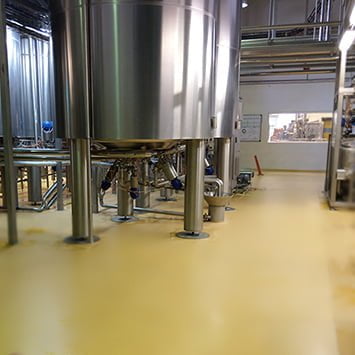 Acrylate flooring implemented in a dairy factory
Acrylate flooring implemented in a dairy factory
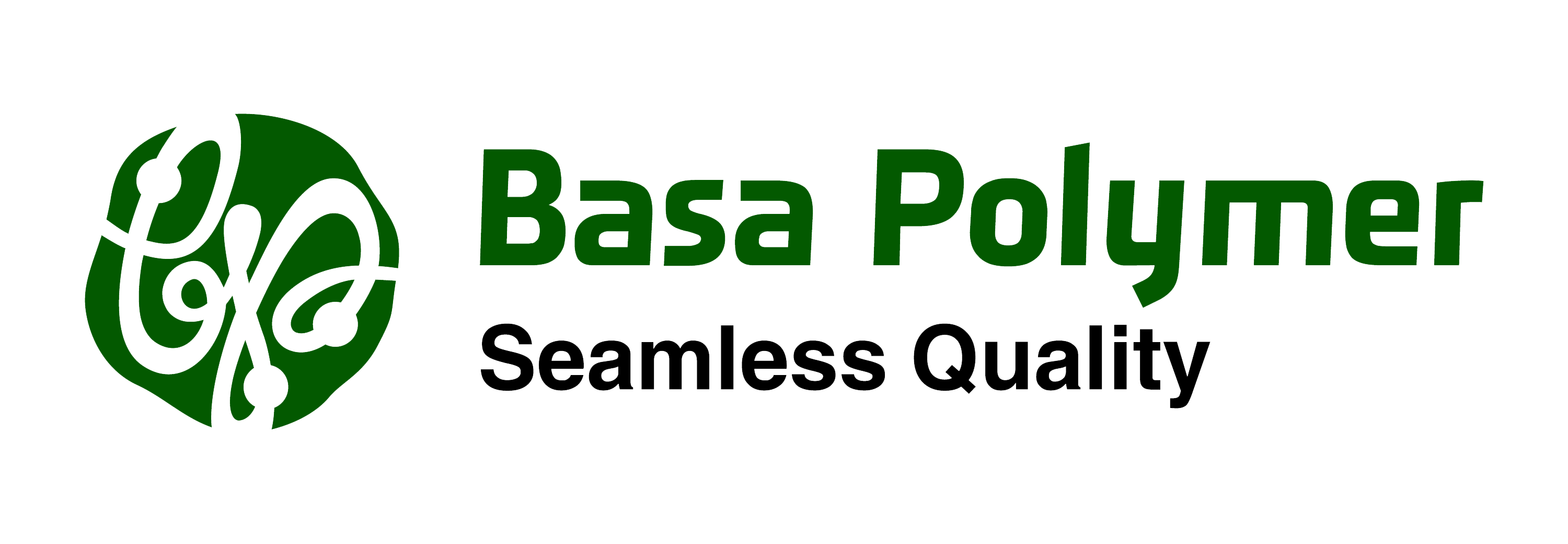

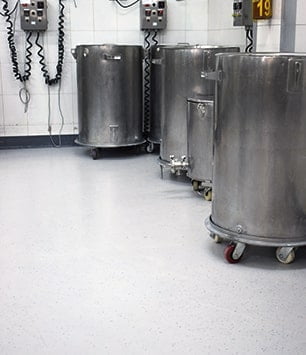
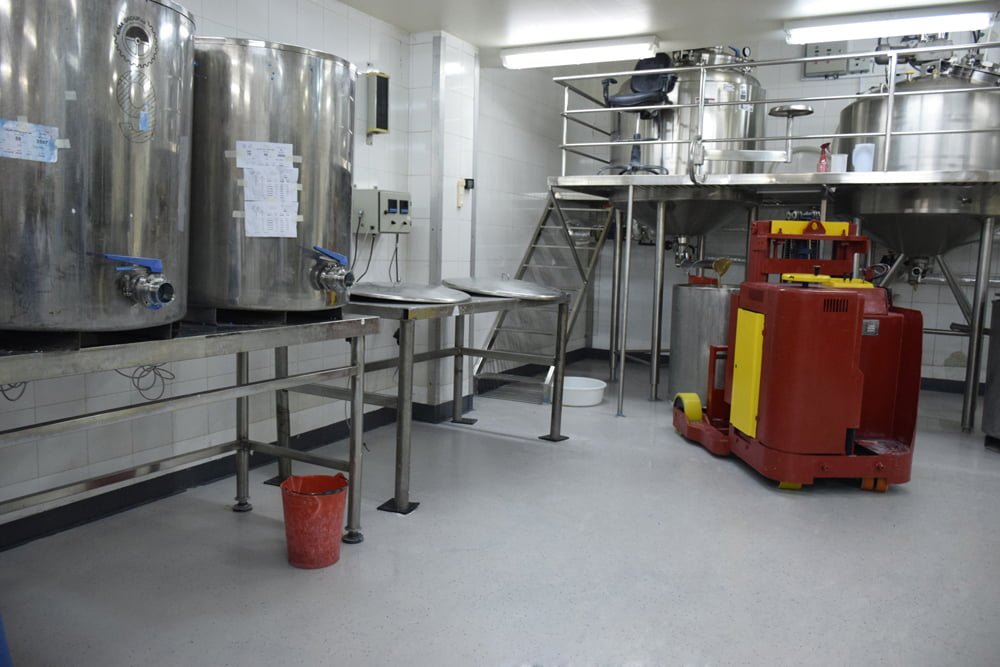
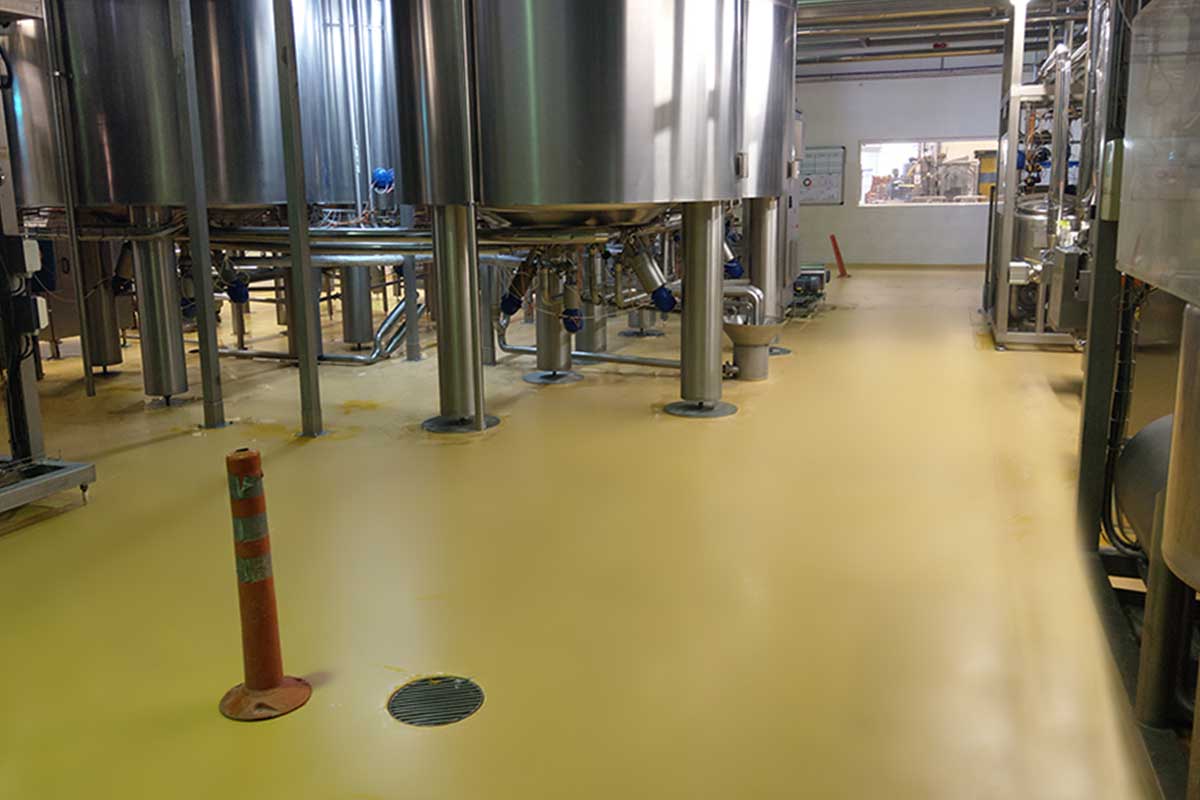
Reviews
There are no reviews yet.